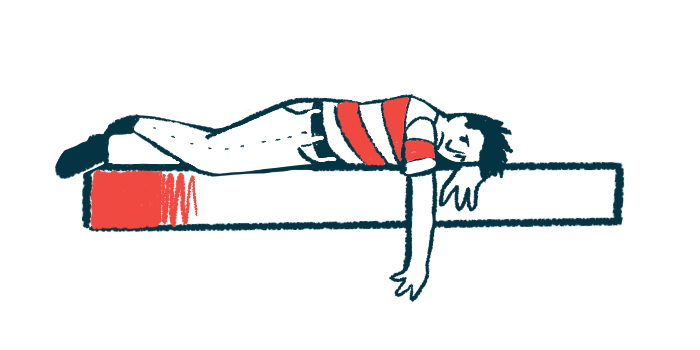Depression linked to low cognitive function, sex drive in Parkinson’s
Recognizing symptoms could aid early diagnosis, better disease management

Recognizing cognitive decline and low sex drive in people with Parkinson’s disease and depression could aid the early diagnosis and better management of the disease, according to researchers in Iran.
While it’s not known if treating depression may ease other nonmotor symptoms, “these findings could be beneficial for early diagnosis of the disease, which eventually could make a considerable difference in the management of [Parkinson’s],” the researchers wrote in “Depression is associated with the nonmotor symptoms of Parkinson’s disease: A comparative analysis,” which was published in Health Science Reports.
Many people with Parkinson’s have a range of nonmotor symptoms, such as mood changes, that may appear very early in the disease, sometimes years before motor symptoms manifest.
Here, researchers hypothesized that nonmotor symptoms could be more common among Parkinson’s patients with depression and that its severity may be associated with the presence of such symptoms.
Nonmotor symptoms and depression
They looked at how depression related to nonmotor symptoms such as trouble sleeping, low sex drive, called hyposexuality, loss of smell, constipation, and orthostatic hypotension, or low blood pressure when standing. The study included 93 adults, mean age 66.4, who had idiopathic (of unknown cause) Parkinson’s for a mean 5.3 years and depression for 6.8 years. Nearly a third (32.3%) were women. Sixty-seven adults who had Parkinson’s, but not depression, served as controls.
The patients with depression scored an average of 35.8 points in the Beck Depression Inventory (BDI), where higher scores indicate more severe depression. Two-thirds (67.7%) scored from 30 to 63 points, meaning they had severe depression.
Age, sex, disease stage and duration, and medication use were similar between the groups. However, among the patients with depression, 41.9% had orthostatic hypotension, 54.8% reported constipation, and 48.4% reported low sex drive. The symptoms were reported in only 10.4%, 37.3%, and 16.4% of control subjects, respectively.
More severe depression was significantly linked to less sex drive, worse cognitive function, and worse sleep quality. After adjusting for potential confounding factors, trouble sleeping was not linked to more severe depression in Parkinson’s, however. In people with mild and moderate depression, there was no significant link between depression and nonmotor symptoms.
Early diagnosis is important to manage Parkinson’s disease. Since motor symptoms appear later, recognizing nonmotor symptoms early could lead to timely treatment and improve quality of life of people with the disease.
“However, disturbed sleep quality, cognitive decline, and hyposexuality could be manifestations of both depression and [Parkinson’s]; therefore, the exact relationship whether its causative or associative should be further investigated,” wrote the scientists, who said future research should “explore how controlling depression could impact the [nonmotor symptoms] of patients with [Parkinson’s].”







